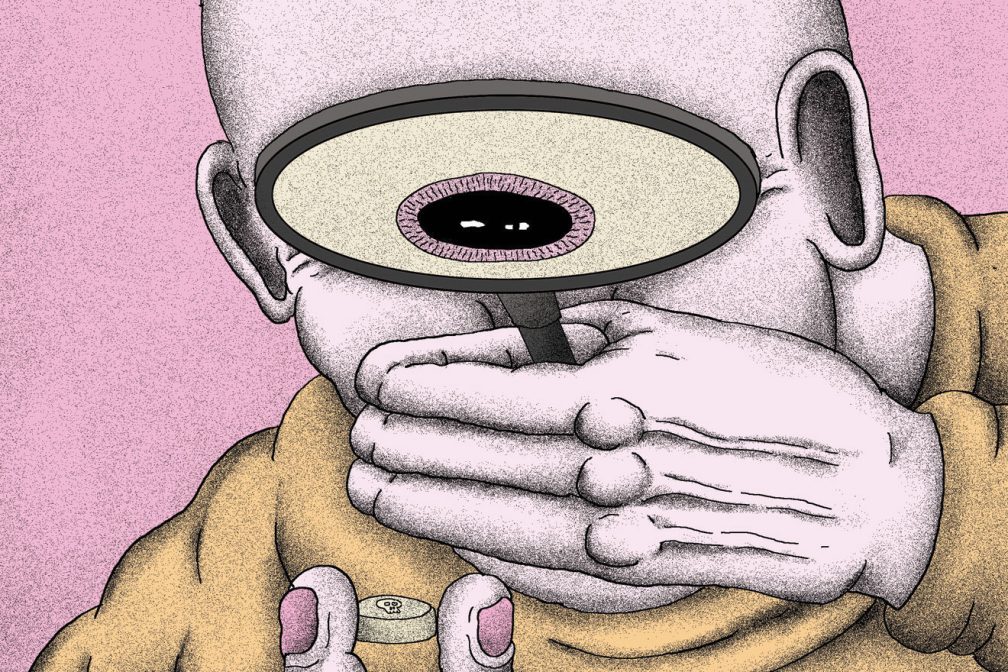 Comment
Comment
Not so pure and simple: Drug checking isn't the silver bullet solution
It won't abolish the risk, but it’s still important
The recent interest in drug checking at facilities in the UK comes on the back of a rise in purity of many drugs including MDMA and cocaine – with associated increases in acute risks of harm associated with these drugs. Drug checking can play an important role in alerting users to higher dose pills and purer powders, and can provide early warning about more dangerous or toxic pills when they appear. Anything that gets people thinking consciously about what they are taking and engaging with drug safety is a good thing. But knowing what’s in your drug is only ever part of the solution to using drugs more safely – and better quality, higher purity drugs are not necessarily safer.
In fact, the idea that higher purity drugs are safer than less pure drugs is a myth – whatever misty-eyed old ravers say about the glory days of Doves or Mitsubishis. They’re only safer if people know the purity of the drugs and use that information to make informed decisions about dosing. Variable purity of pills or powders creates greater danger of overdose if the purity is unknown – that’s why we believe government authorities should share as much information as possible about trends in drug adulteration and purity in their region. But knowing what’s in your drugs is only part of the solution. Knowing a bottle of vodka is 40% proof doesn’t stop people getting messed up on it.


